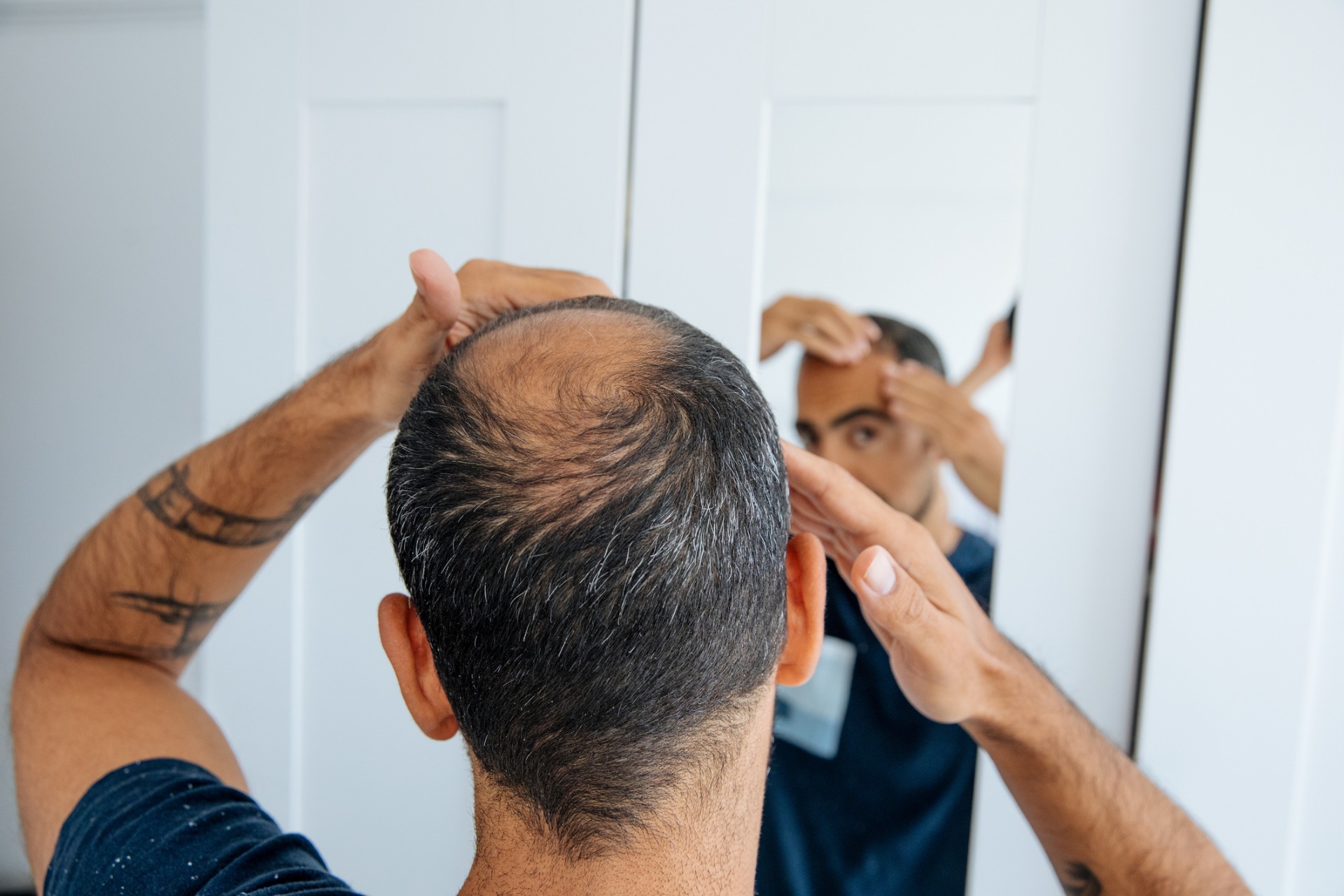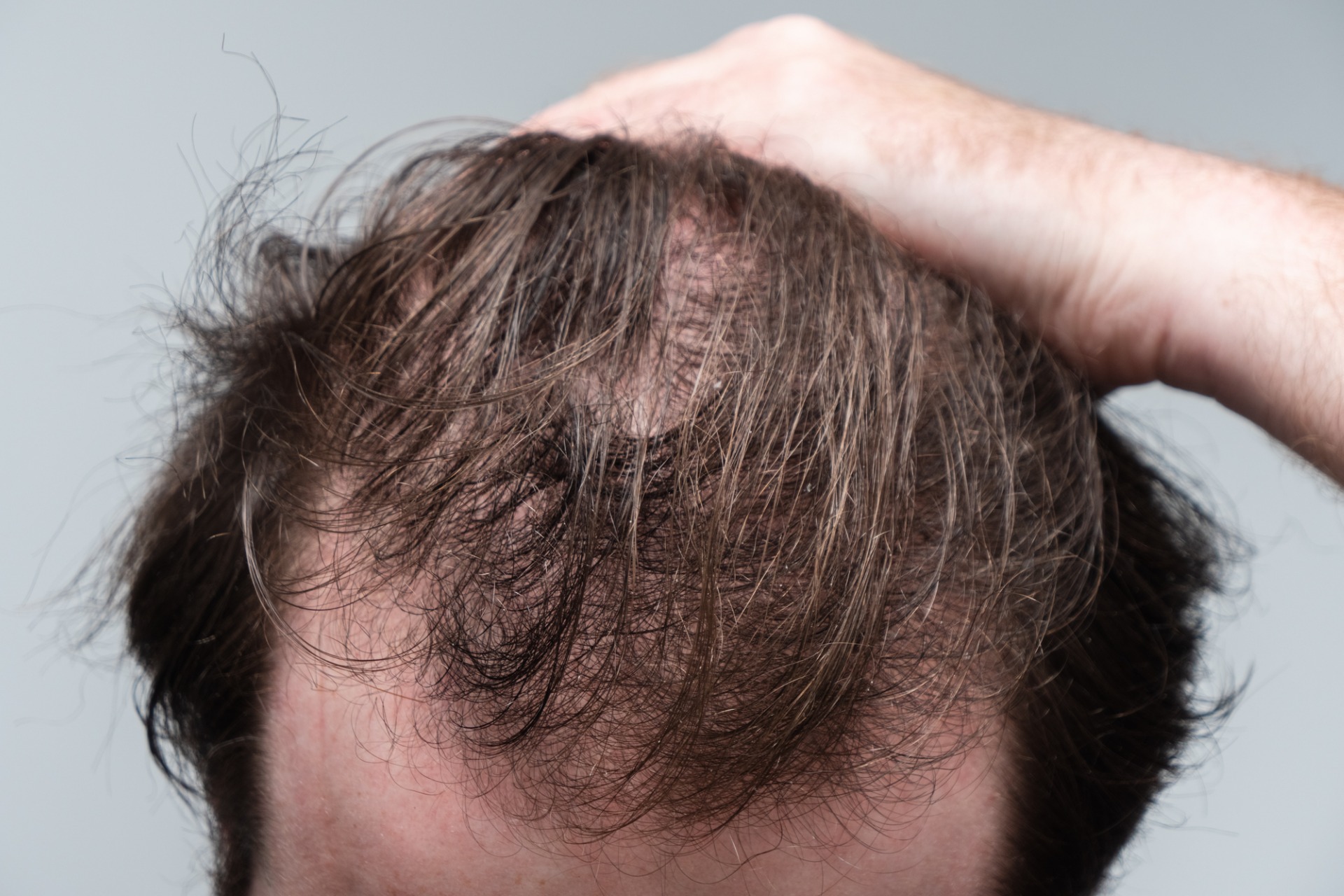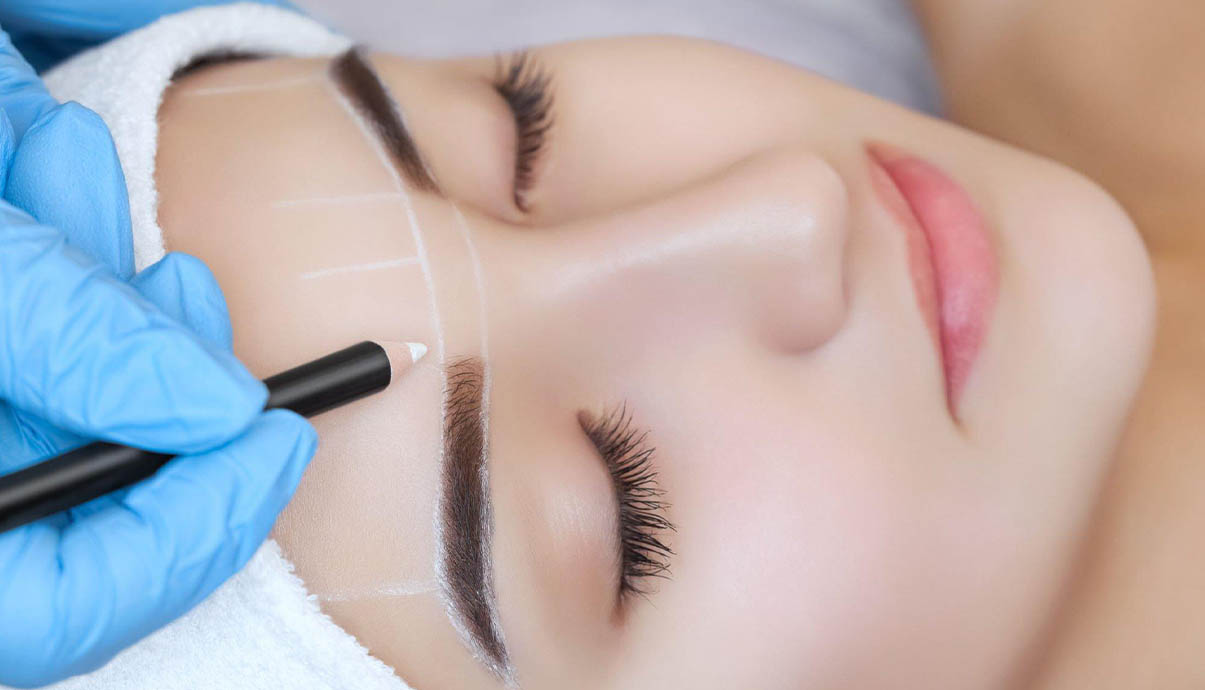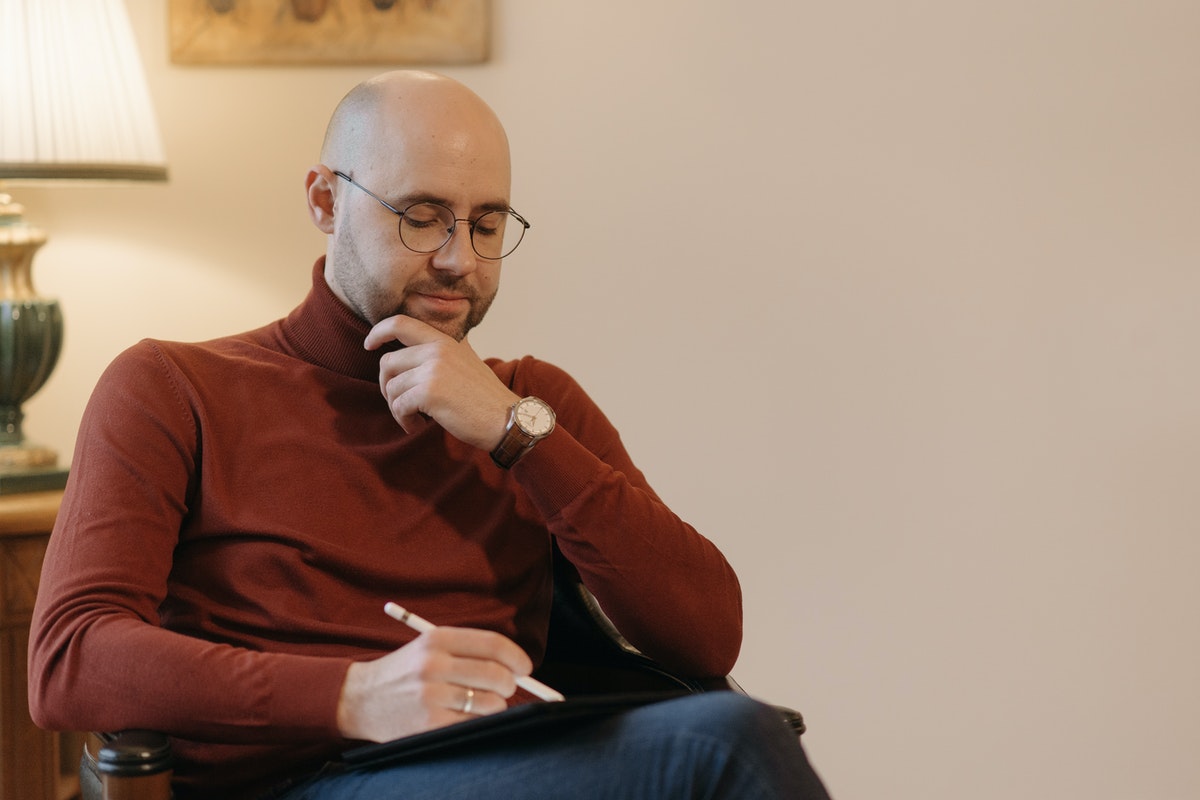Are you frustrated by hair loss? It can be a difficult topic to tackle, especially…

Is Hair Loss Genetic?
Are you one of the millions suffering from hair loss? You may be familiar with common signs, such as patchy bald spots, thinning strands, and receding hairlines. Hair loss can have a significant effect on your appearance and self-confidence, but do you know why it happens? Could it be genetic? Vargas Face & Skin Center is here to answer that question for you!
Who Does Hair Loss Affect?
Hair loss refers to the gradual thinning or complete disappearance of hair from the scalp or other parts of the body. This condition can result in balding patches or complete baldness. Hair loss can affect anyone irrespective of gender, age, or ethnicity. However, some individuals may be predisposed to hair loss due to genetics or underlying health conditions such as thyroid problems, hormonal imbalances, and autoimmune diseases.
Hair loss can have a significant impact on a person’s self-esteem and confidence, leading to anxiety and depression. It’s essential to recognize the signs of hair loss early and seek medical advice to prevent or slow down the progression of the condition.
Causes of Hair Loss
Hair loss is a common problem that can affect anyone at any stage of life. While the causes of hair loss are many, the debate often boils down to genetics versus environment. Genetics play a significant role in determining the quantity and quality of hair a person has. However, environmental factors such as stress, pollution, and poor dietary habits can also cause hair loss.
Whether genetics or environment are the primary cause of hair loss may vary from individual to individual, but the good news is that there are several treatments available that can help prevent and reverse hair loss. If you are experiencing hair loss, it’s crucial to seek help from a professional and take steps to ensure that you maintain a healthy scalp and hair.
Signs and Symptoms of Genetic Hair Loss
For many people, hair thinning and balding can feel like a mysterious and scary experience, especially if it’s happening at a young age. While some cases of hair loss can be caused by external factors like stress or medication, genetic hair loss is a condition that’s passed down through families and affects nearly two-thirds of men in the U.S. by the age of 35.
The symptoms of genetic hair loss can be subtle at first, with thinning hair at the crown or hairline, but over time, can progress to significant baldness. It’s important to pay attention to your hair’s changes and if you suspect genetic hair loss, to schedule an appointment with your doctor or a hair loss specialist to discuss treatment options.
Diagnosing and Treating Genetic Hair Loss
Hair loss can be a challenging experience for anyone, but when it’s caused by genetics, it can feel especially frustrating. Thankfully, with advancements in science, diagnosing and treating genetic hair loss is more possible than ever. The first step in diagnosis is often a physical examination and medical history to identify any underlying conditions.
From there, genetic testing may be recommended to determine whether the hair loss is caused by a specific gene. Treatment options include medications like minoxidil and finasteride, as well as hair transplant surgery for those with more advanced hair loss. With the right combination of diagnosis and treatment, those experiencing genetic hair loss can regain their confidence and enjoy a full head of hair once again.
Vargas Face & Skin Center’s Approach to Hair Loss Treatment
Hair loss can be a frustrating and emotional experience for anyone, but Vargas Face & Skin Center understands that it’s not just about losing hair. It’s about losing confidence, feeling embarrassed, and even feeling like you’ve lost a part of yourself. That’s why our approach to hair loss treatment is personalized and compassionate.
We take the time to understand each client’s unique needs and concerns, and then create a customized treatment plan that is tailored to their goals and budget. Whether it’s hair restoration surgery, platelet-rich plasma therapy, or medical-grade hair products, we are dedicated to helping their clients feel confident and beautiful again.
How to Take Care of Your Hair After Treatment
After receiving any type of hair treatment, it is essential to take proper care of your hair to maintain its health and radiance. First and foremost, try to avoid excessive heat exposure by limiting your use of styling tools like curling irons or hair straighteners. Instead, opt for air-drying your hair or using a diffuser when blow-drying on a low heat setting.
Additionally, be sure to use a shampoo and conditioner specifically designed for your hair type and the treatment you received. This will help to protect and nourish your hair, while also preventing breakage and split ends. Finally, try to incorporate regular deep conditioning treatments into your hair care routine to help keep your hair hydrated and prevent dryness or breakage.
While genetics play a major role in how our scalps react to aging and other external factors, there are multiple treatments and solutions that can effectively treat the problem. Hair transplants have become increasingly effective in recent years, helping patients regain their self-confidence and turn back the clock on their appearance.
In addition to this, there are several medications that can stop further hair loss while stimulating active follicles to produce more strands. Finally, laser and light therapy offer an additional level of care for thinning or balding scalps; using these methods helps improve circulation while increasing energy in follicles already affected by the natural process of aging.
For those seeking help to reduce their hair loss, Vargas Face & Skin Center provides experienced professionals who specialize in tailoring treatment plans based on individual needs. Don’t wait any longer—contact us today to schedule your virtual consultation!







